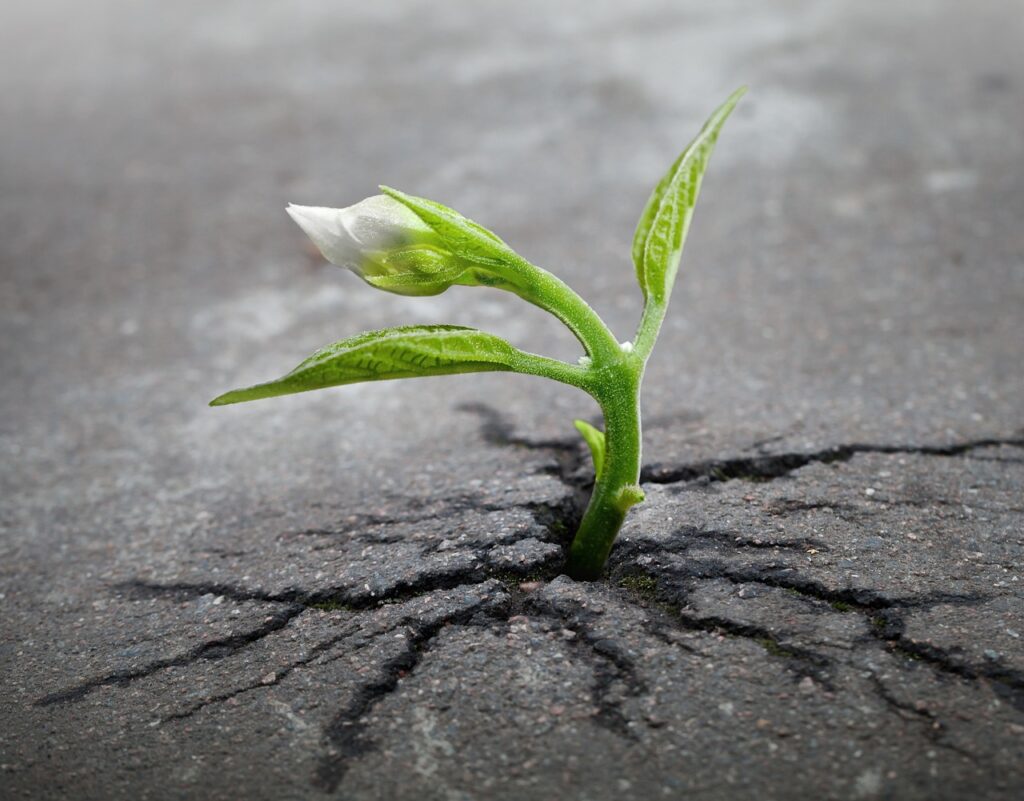COVID-19 is Changing Everything for Teens and Young Adults
The COVID-19 pandemic is forcing many teens and young adults to change or put on hold their plans – especially with respect to college and career. Sheltering in place with no certainty about when the pandemic will end can leave them worried, depressed, frustrated and feeling lost. It should be a time of coming of age, gaining more independence and a greater sense of identity. Now, suddenly, it can feel like they have taken a step backward in their development.
It can bee especially difficult for teens and young adults with ADHD who have struggled harder to establish their self hood and independence, and who are often more susceptible to depression.
Resilience is Important But Hard
The times for call for greater resilience. But for these individuals, the current situation can exacerbate the negative self-talk, the voice in your head saying “Give up – it doesn’t matter anyhow”, “Nothing you do will make any difference”, “Why bother – it’s too much effort.”
All this can lead to a downward spiral. If you”re a teen or young adult with ADHD, how do you avoid it now when you may have been struggling with it in normal times? How do you build the resilience you need to get through this challenging period?
Strategies for Building Resilience
Sharon Saline, PsyD, a clinical psychologist and an expert in working with ADHD teen and adults, has these suggestions.
- Acceptance – The first step in building resilience is to accept the situation and your feelings about it. It’s natural to feel the way you do given the circumstances. Avoid blaming yourself or others, and instead focus on past difficult situations that you overcame. Remind yourself of them often.
- Stay within your circle of control – Constantly focusing on the news and the COVID-19 statistics can quickly make you depressed and afraid and leave you feeling out of control. Instead, focus on things you can do now, that are in your immediate control. It an be anything – from simple tasks and chores, to learning anew skill or hobby. Staying within your “circle of control” can give you some sense of accomplishment and satisfaction.
- Avoid the comparison and judgment trap – Another opening for negative self-talk is perfectionism. Comparing yourself to others and judging yourself as not good enough, or not perfect enough is easy to do if you spend a lot of time on social media or the general media looking at everyone else’s perfect lives.” Look at the things you are doing each day and write them down – no matter how small. This can help build your self-esteem.
- Connect with people who give you strength – Try to connect in a more direct way with your friends, say via Zoom or some other similar technology. Make it an event with a couple of friends. It’s a more personal way to stay in touch and draw strength from your friends.
- Use gratitude to counter negative self-talk – Write down a few things each day that you are grateful, again, no matter how seemingly small. This can shift your perspective to focusing on what you do have, not what you don’t have.
Here are some additional strategies for building resilience from Jessica McCabe of the video blog How To ADHD.
How to Build Resilience: Quarters of Encouragement
Learning these strategies now and incorporating them into everyday life will provide benefits for teens and young adults well beyond the OVID-19 pandemic.
Additional References
https://www.additudemag.com/teaching-resilience-to-adhd-children/
https://marlacummins.com/being-resilient-with-adhd/



